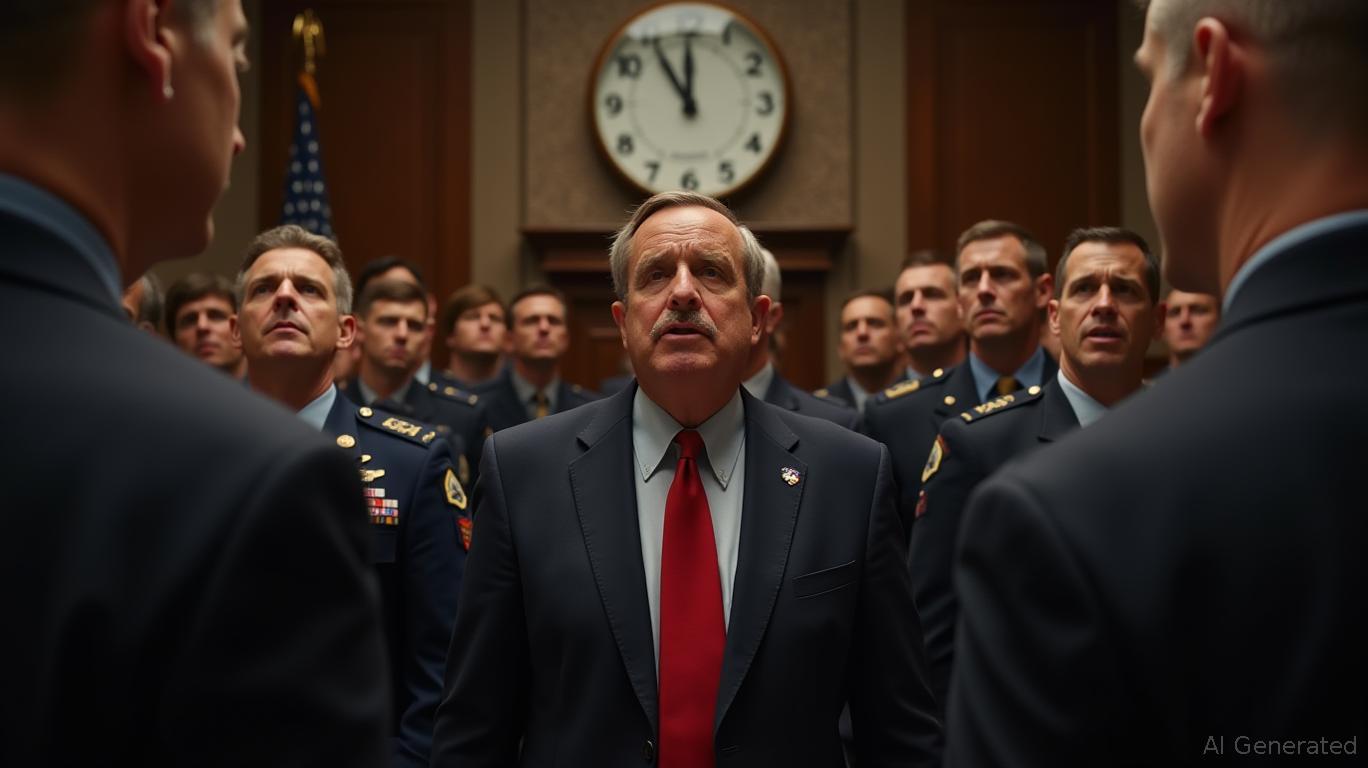Political stalemate puts military salaries at risk as government shutdown approaches critical stage
The ongoing U.S. government shutdown has left military households facing uncertainty, with many worried that their upcoming paychecks could be postponed or not arrive at all. Treasury Secretary Scott Bessent cautioned during an interview with CBS News that, should the deadlock persist, service members might not receive their pay by November 15, describing the situation as a "global embarrassment," as reported by a

Families such as Alicia Blevins', whose spouse is based at Camp Lejeune, are feeling the weight of the instability. "I don't feel equipped to handle this," Blevins shared, noting that the stress has led her to seek counseling, according to a
The financial burden is worsened by the suspension of reimbursements for families moving between military bases. Delia Johnson, the chief operating officer at the Military Family Advisory Network, pointed out that disruptions in pay force families to incur debt or pay late fees. A new emergency grocery assistance program from the nonprofit saw 50,000 registrations in just three days, underscoring the urgent need, according to the U.S. News article.
Congressional gridlock has also put wider social safety programs at risk. The U.S. Department of Agriculture has stated that Supplemental Nutrition Assistance Program (SNAP) benefits for 42 million people will be halted starting November 1, as reported by an
Attempts to resolve the deadlock have stalled. The GOP-backed Pay Our Troops Act, led by Rep. Jen Kiggans (R-Va.), has made little headway, while Senate Democrats have blocked a proposal to fund pay for active-duty and essential workers, the Benzinga report noted. President Trump has called on moderate Democrats to break ranks, but bipartisan agreement remains out of reach.
The economic fallout from the shutdown is also growing. Defense contractor L3Harris Technologies has adjusted its 2025 cash flow outlook, citing uncertainty around government contracts in an
Advocates for military families say the crisis highlights a deeper lack of appreciation for their service. "It feels as though our service is overlooked," said John Hashem of the Reserve Organization of America, pointing out that reservists have lost their weekend drill pay, which is a vital source of income for many.
With no end in sight, military families are left to cope with the ongoing challenges. "We're always watching the news," Blevins said, adding that online arguments over who is to blame offer little reassurance. "Can't we just stop the blame game and fix this?"
---